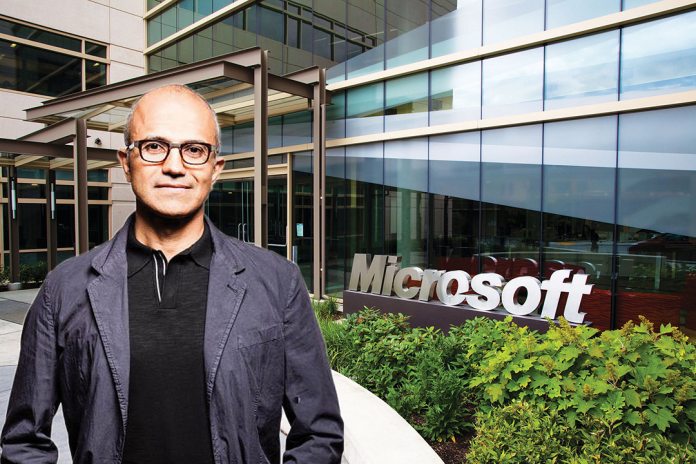Microsoft CEO Satya Nadella has doubled down on his company's decision to sell its 100,000 of its HoloLens 2 headsets to the US military. At MWC, he spoke to CNN about his thoughts on the contract and its morality.
“We welcome dialogue with our employees on a continuous basis,” Nadella said. “When this first came up we had the dialogue and we made a principled decision that we're not going to withhold technology from institutions that we have elected in democracies to protect the freedoms we enjoy.”
The military contract comes under the US' Integrated Visual Augmentation System (IVAS). Its intention is to improve the lethality of soldiers via advanced sensors and cognitive training.
Nadella spoke about the responsibility Microsoft has as a “corporate citizen” when it comes to the unintended consequences of technology. He says the company has taken a hard stance when it comes to privacy, security, and AI.
Employee Disagreement
However, it's clear that some employees believe the contract crosses that line. A letter signed by 250 of them says they are “alarmed” to hear of the use of tools they build to increase lethality in the military.
Further, they state that though a review process exists for AI ethics, it's “opaque” to the general workforce and that the company failed to inform employees, who thought the headset would be used solely to help front-line workers and surgeons.
The concern is that like drones, the use of HoloLens 2 on the battlefield will further distance soldiers from the reality of bloodshed.
On the flip side, some argue that improved accuracy and other metrics on the battlefield would actually save lives. Things like night-vision, real-time metrics, target recognition, and thermal imagery could reduce mistakes while saving the lives of US servicemen. On top of this, increased lethality could serve as a deterrent.
This is clearly a divisive issue that Microsoft will have to handle with care. Last year, it ran into similar controversy when it sold Azure to the ICE to aid in facial recognition. In that case, the company contradicted previous statements, saying its software isn't currently being used by immigration for that purpose.
Earlier this month, president Brad Smith took a somewhat similar stance on facial recognition as Nadella with HoloLens.
“I do not understand an argument that companies should avoid all licensing to any government agency for any purpose whatsoever,” he said. “A sweeping ban on all government use clearly goes too far and risks being cruel in its humanitarian effect.”






